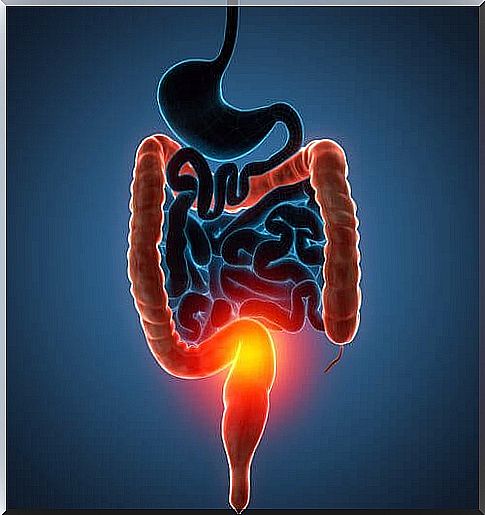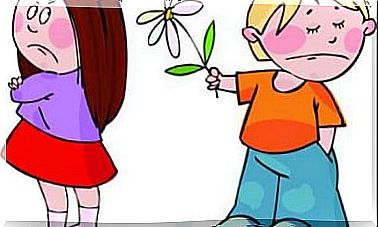Crohn’s Disease In Children

Crohn’s disease in children is rare, but it can occur. Generally, this infection most often affects people between the ages of 15 and 35, although it can start earlier.
Experts have not determined if it is a virus or bacteria, but it is known to be a chronic condition that involves the small intestine and sometimes the large intestine as well.
What Causes Crohn’s Disease in Children?
There are many theories, but the main one indicates that an agent, which can be a virus or a bacterium, interacts with the immune system to trigger an inflammatory reaction in the intestinal wall. Children with Crohn’s disease have abnormal immune systems.
Sometimes this condition can recur at different times in your life. Sometimes inflammation can affect the entire digestive tract, including the mouth, esophagus, stomach, small intestine, appendix, and rectum.
Crohn’s disease symptoms
Each child may experience symptoms differently and even several of them may not appear. As we mentioned earlier, this disease can recur at any time in your life and there is no way to determine when a recurrence may occur or when the discomfort may return.
As there is a possibility that some symptoms are similar to other conditions, it is important to consult with your trusted doctor. Here we mention some of them:
- Weightloss.
- Fever.
- Diarrhea, sometimes with blood.
- Delays in growth.
- Joint pain
- Eruptions
- Rectal bleeding.
- Abdominal pain. Most often in the lower right area.
- Rectal fissure
- Possible symptoms of anemia.

How is Crohn’s disease diagnosed in children?
If your child has symptoms such as abdominal pain, diarrhea, fever, weight loss, and anemia, the doctor will perform a physical exam. They will also likely evaluate you through other types of tests that can help determine much faster if your little one has the disease. Some of them are:
Colonoscopy
This test allows the doctor to view the entire length of the large intestine and identify abnormal growths, inflamed tissues, ulcers, and possible bleeding. You can also remove tissue from the colon for other tests and to treat problems that may be found. This is evidenced by a study published in American Family Physician.
Stool culture
Another test that the doctor may request is a stool culture. It is done to determine if there is blood loss or if the symptoms are being caused by a parasite or bacteria. These types of tests will help to conclude much faster if the child is suffering from Crohn’s disease.
Blood test
A blood test can determine if the child has anemia as a result of blood loss. It can also conclude if there is a higher number of white blood cells that may suggest an inflammatory process, characteristic of the disease.
Barium swallow test
This test looks at the organs in the upper part of your digestive system, studying your esophagus, stomach, and the first part of your small intestine called the duodenum. Then X-rays are done to determine the condition of the digestive organs.
Endoscopy
This test is done with a small, flexible tube called an endoscope, which is responsible for analyzing the lower part of the digestive tract. This device has a light and a camera lens. The doctor may also take a tissue sample for other tests.

How to treat Crohn’s disease?
This disease is treated in the long term and there is no specific cure. Still, a series of actions can be taken to help control it and improve the child’s quality of life:
- Medications: These can reduce inflammation of the colon, relieve abdominal cramps, and diarrhea.
- Vitamins: can prevent other complications and help maintain remission. Some can cause side effects, so it is advisable to consult with your doctor before giving it.
- Intravenous feeding – for children who require additional nutrition.
- Diet: some changes in your child’s diet can help decrease symptoms of the disease. In this case, parents should consult with the doctor.
- Nutritional supplements: If your child has growth problems, supplements can be of great help. Omega 3 supplements have been shown to reduce inflammation and improve disease management.
- Surgery: It can help relieve symptoms of the disease in the long term, but it does not cure it completely. It can also fix problems such as a blocked intestine, a hole or perforation, a sore, or an abscess or bleeding.
Crohn’s disease can be treated in children
Crohn’s disease in children must be diagnosed early to take the necessary actions and avoid major complications in the future. Although cases in children are less frequent than in adults, children are also prone and that is why we must pay attention to the discomfort they may feel.










